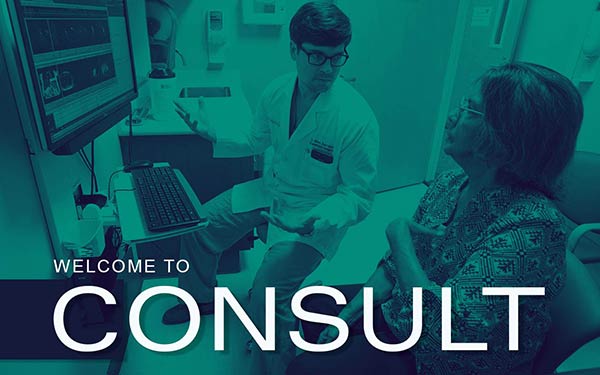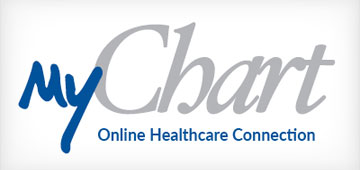
UMMC provides patient-centered treatment, clinical excellence, and an advanced level of care unavailable anywhere else in the state.

for Kids.
Children’s of Mississippi is here for every child
with the state’s only children’s hospital
plus clinics statewide.
Latest News

Robotic surgery now available at UMMC Grenada
Tuesday, September 2, 2025
Patients in north Mississippi can now benefit from minimally invasive care, as surgeons at UMMC Grenada are performing robotic surgeries with the da Vinci XI system. The advanced technology means smaller incisions, faster recovery and care close to home. Read More

UMMC part of the solution to infant mortality public health emergency
Monday, August 25, 2025
Prompted by a rising infant mortality rate, the Mississippi State Department of Health declared a public health emergency Thursday. Read More
Latest Articles

Physician commended twice for service; UMMC named top employer
Published on Tuesday, September 2, 2025

Hardin Foundation pledges $2.5M for “once-in-a-generation” UMMC cancer center expansion
Published on Tuesday, September 2, 2025

That’s My Job: Hospitalists
Published on Tuesday, September 2, 2025

Front and Center: Shanice Mays
Published on Tuesday, September 2, 2025

1948: School of Nursing forerunner founded
Published on Monday, August 25, 2025

Photos and Video: Sports fun at Children’s of Mississippi
Published on Monday, August 25, 2025

‘Truly life-changing’: Bedford Falls Foundation – DAF’s $2M grant opens door to UMMC School of Nursing for students in need
Published on Monday, August 18, 2025

UMMC professor emeritus leads development of new hypertension guideline
Published on Monday, August 18, 2025
Find Us on Social Media
Get news and information you need about the Medical Center by connecting with us through our social media community. You’ll find events, news stories and campus activities shared daily. UMMC is active on Twitter, Facebook, Instagram, YouTube and LinkedIn.
You may also connect with the Children’s of Mississippi social media community on Twitter, Facebook, Instagram and YouTube.
Follow Dr. LouAnn Woodward on Twitter.
We look forward to hearing from you!
Sign Up for Consult

Connect with UMMC via new e-magazine
In CONSULT, readers will have the opportunity to learn more about the cutting-edge clinical advances, innovative educational programs and groundbreaking research occurring at UMMC. Plus, CONSULT will regularly showcase our experts' best advice for living a healthy and mindful life.






